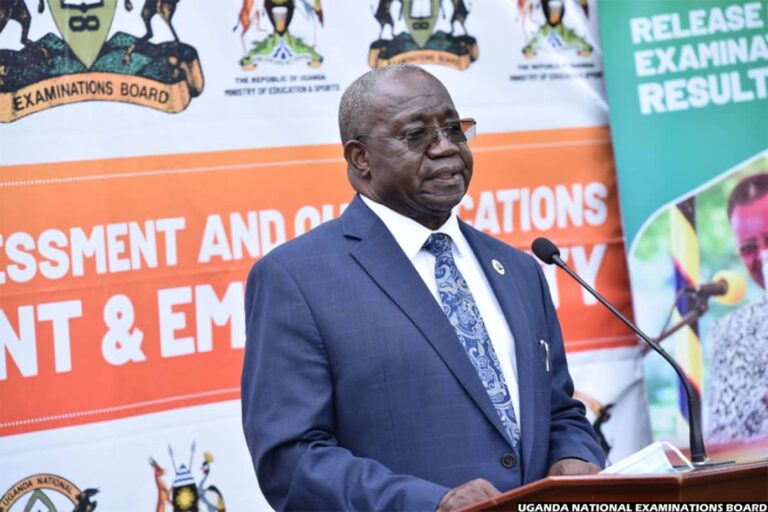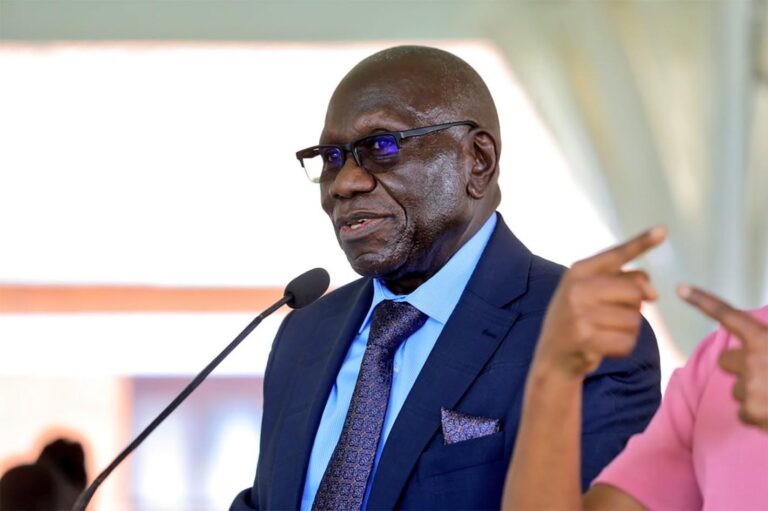
Kampala, Uganda I HABARI DAILY I In a groundbreaking move to enhance the quality of education in Uganda, the government has initiated the School Performance Assessment (SPA) for all teachers in its aided schools across the nation.
Developed by the Ministry of Education, this transformative tool is set to be implemented at the primary level starting this term, and it carries substantial consequences for headteachers who fail to meet the prescribed performance standards.
The unveiling of this ambitious initiative took place at Jinja College in Jinja city, where 177 inspectors of schools for districts, municipalities, and cities were gathered for training. Once fully established in the approximately 12,000 government-aided primary schools, the SPA will be extended to the approximately 1,300 government secondary schools throughout the country.
Frances Atima, the acting director of education standards at the education ministry, highlighted the pressing need for such an evaluation system, emphasizing that many headteachers were not adequately fulfilling their roles, resulting in detrimental consequences for both the learning environment and school management.
“Teacher absenteeism is rampant because headteachers are not following up. School facilities are breaking down because headteachers do not care,” Atima explained. She further emphasized that even when such underperforming headteachers are transferred to other schools, their poor performance persists, negatively impacting the schools they are entrusted to lead.
The School Performance Assessment (SPA) unequivocally requires headteachers to meet certain performance criteria. Failure to do so can result in government intervention, which may include demotion or retirement in the public interest.

Atima stressed the comprehensive nature of the assessment, encompassing various aspects of school management, including academic performance, management of school assets, the performance of teachers, and the overall well-being of students.
The SPA assessment primarily focuses on four pillars central to the national inspection tool for primary schools: the effectiveness of teaching and learning, the quality of the learning environment, school management and headteacher performance, and community participation and parental involvement.
The SPA assessment will be conducted annually during the second term of each school year to ensure timely availability of assessment results. These results will inform the allocation of non-wage recurrent grants, such as capitation, to schools for the upcoming financial year.
To streamline the assessment process, the local government inspection team will utilize a digital tool provided by the Directorate of Education Standards, enabling the collection of evidence on school performance against pre-defined assessment measures and indicators.
The Ministry of Education has identified 12 key areas under which school performance will be measured, further underscoring the government’s commitment to improving the quality of education and ensuring greater accountability among school administrators.
With the introduction of the SPA, Uganda takes a significant step forward in its mission to provide quality education to its youth and empower the nation’s future leaders




